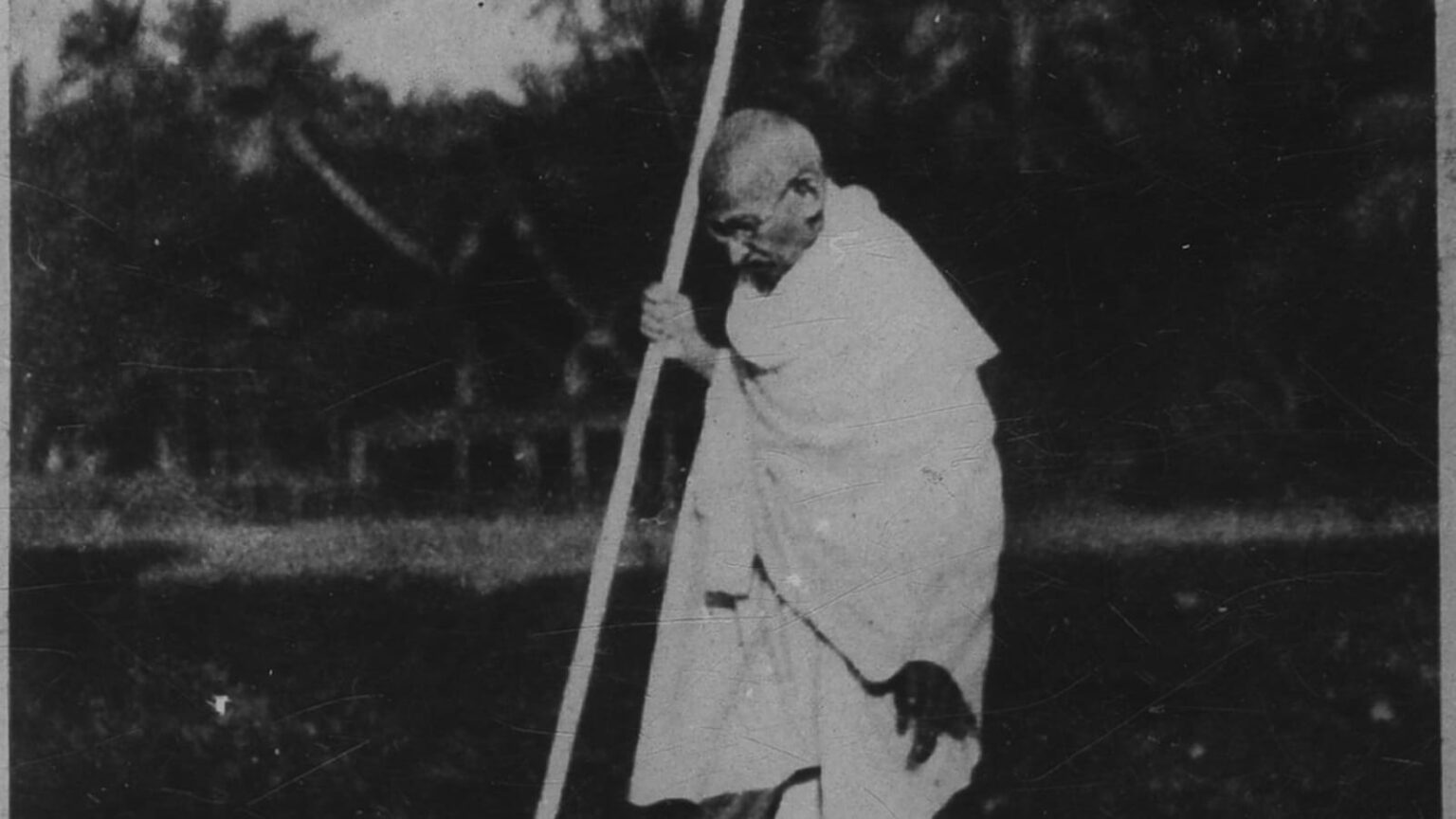The International Day of Non-Violence praises how Gandhi’s work and inheritance have affected a global, non-violent uproar. The birthday of Mahatma Gandhi, leader of the Indian independence activity and missionary of the ideology and strategy of non-violence. The day is empirical to dissipate the information about non-violence through public perception and education.
It is proclaimed with the possibility of composing a culture of peace, compassion, awareness, and non-violence. “Say No to Violence” is significant to this day.
Mahatma Gandhi was born on October 2, 1869. This year, Gandhi Jayanti will celebrate the 153rd birth anniversary of Mahatma Gandhi.

Definition of Non-Violence:
The belief in non-violence — also known as non-violent hostility — dismisses the intention of manual chaos to accomplish social or political modification. Frequently interpreted as “the politics of normal people”, this aspect of social effort has been acquired by mass communities all over the nation in movements for social justice.
There are three major classifications of non-violence action:
Dispute and influence, involving marches and vigils;
Non-cooperation; and
Non-violent intervention, such as barricades and employment
The International Day of Non-Violence: History
In January 2004, Iranian Noble Laureate Shirin Ebadi recommended the notion for the special day. Her idea was amenable to numerous Indian National Congress leaders, who deceased called upon the United Nations to acquire the agenda in 2007. Congress leader and then Minister of State for External Affairs, Anand Sharma, went along and inaugurated the determination in the General Assembly on behalf of 140 co-sponsors.
The governor of the Indian Independence Movement, Mohandas Karamchand Gandhi, served as a motivation for social modification and civil rights across the world. On June 15th, 2007, the United Nations General Assembly authorized a resolution to authorize October 2 as International Day of Non-Violence.
According to, “the determination substantiates ‘the comprehensive applicability of the law of non-violence and the discretion ‘to assure a culture of peace, kindness, awareness, and non-violence”.
International Day of Non-Violence: Significance
The day fetches awareness towards the multiple configurations of non-violence the world wants now. It has since long developed as barely being a pacifist. According to Professor Gene Sharp, a leading scholar on non-violent antagonism
Besides, with the accumulating conflicts around the world, bringing the moralities of non-violence to the forefront are of essential primacy.
It is a day to make it realize that social differences can occur in peaceful ways.


Background
In January 2004, Iranian Nobel laureate Shirin Ebadi had seized a recommendation for an International Day of Non-Violence from a Hindi teacher in Paris teaching international students at the World Social Forum in Mumbai.
The belief deliberately persuaded the curiosity of some governors of India’s Congress Party (“Ahimsa Finds Teen Voice”, The Telegraph, Calcutta) until a Satyagraha Conference determination in New Delhi
In January 2007, instigated by Indian National Congress President and Chairperson of the United Progressive Alliance Sonia Gandhi and Archbishop Desmond Tutu, called upon the United Nations to embrace the idea. On 15 June 2007, the United Nations General Assembly voted to ascertain 2 October as the International Day of Non-Violence. The persistence of General Assembly implores all components of the UN procedure to commemorate 2 October in “an applicable manner and communicate the message of non-violence, encompassing through education and public awareness”.
The United Nations Postal Administration (UNPA) in New York City organized a special cachet to commemorate this event, obeying a request from the Indian Ambassador at the Permanent Mission of India to the UN. The boxed illustrated cachet design was formulated by the UNPA and was limited to cancellation at UNPA’s NY location (not Geneva and Vienna). The UNPA has implied that all outgoing UNPA mail between 2 and 31 October brought the cache.

Today we commemorate the birthday of a man who supported bringing ahead the belief of “non-violence,” and the enormous consequence this aspect of social obligation has had all over the nation in the last century.
On the International Day of Non-Violence, developed by the United Nations in 2007, we look back on the impact of an Indian activist born Mohandas Karamchand Gandhi but realized the world over as Mahatma Gandhi.
The UN has decent justification to use Gandhi’s birthday to celebrate the International Day of Non-Violence. Gandhi’s agreement to India’s independence and his procedures have been the cornerstone of civil and human privileges initiatives all over the world.
Impose clearly, Gandhi saw it as entirely unreasonable to use violence to attain peace, but relatively, “just norms oversee to almost ends.” This is a lesson we can all bring to courage.













